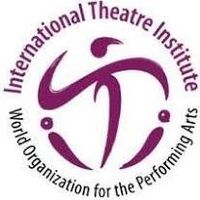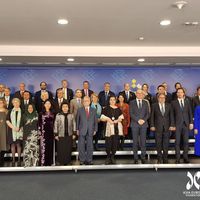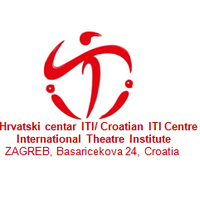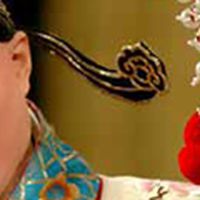International Theatre Institute
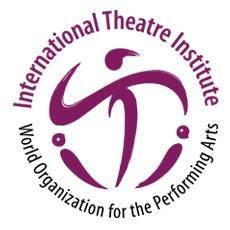
The International Theatre Institute ITI, the world’s largest performing arts organisation founded in 1948 by theatre and dance experts and UNESCO, strives for a society in which performing arts and their artists thrive and flourish. ITI advances UNESCO’s goals of mutual understanding and peace and advocates for the protection and promotion of cultural expressions, regardless of age, gender, creed or ethnicity. It works to these ends internationally and nationally in the areas of arts education, international exchange and collaboration, and youth training.
The purpose of the International Theatre Institute is to promote international exchange of knowledge and practice in theatre arts in order to consolidate peace and friendship between peoples, to deepen mutual understanding, increase creative co-operation between all people in the theatre arts.
To achieve this purpose, the ITI shall:
- encourage activities and creation in the field of the live performing arts (Drama, Dance, Music theatre)
- aim at an enlargement of the existing collaboration between performing arts disciplines and organizations, both national and international
- establish international offices and foster the establishment of National Centres of the ITI in all countries
- collect documents, disseminate all types of information and issue publications in the realm of the performing arts
- co-operate actively in the development of the "Theatre of Nations" and encourage and co-ordinate the organisation of theatrical congresses, workshops and meetings of experts, as well as festivals, exhibitions and competitions, both on regional and interregional levels, in co-operation with its members
- defend the free development of the performing arts and contribute to the protection of the rights of performing arts professionals
To achieve this within the ITI the member Centres of the organisation shall be guided by the principles of mutual respect of the national traditions of each country.
Similar content
posted on
03 Sep 2010
posted on
06 Sep 2010
By Preeti Gaonkar & Kerrine Goh
19 Oct 2018
posted on
25 Nov 2018
from - to
19 Sep 2011 - 24 Sep 2011
posted on
03 Jul 2011


